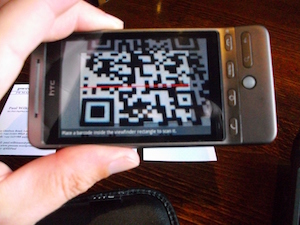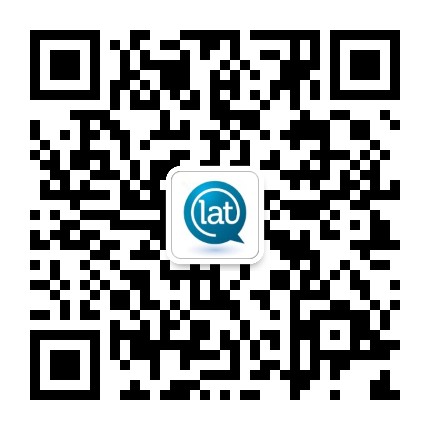WeChat, owned by Tencent, is a Chinese app that began as a messaging platform and has turned into a mobile commerce giant. Though its current user base is mainly active in China, it still has serious influence on international businesses. Whether or not you’re looking to enter the Chinese market, WeChat is way ahead of its North American equivalents and can provide insight into the future, and power, of mobile for businesses.
Driving China’s Mobile Commerce Boom
With over 650 million active monthly users, WeChat is a force to be reckoned with. However, it is not only that user base, but also the entire development of WeChat as an app that now has it at the forefront of China’s m-commerce boom. Though WeChat began as a private messaging app, it has quickly evolved into an integrated payment network that allows users to chat with friends, follow brands, and make in-app purchases from a wide range of retailers. Unlike anything in the North American mobile commerce landscape, WeChat is a functional one-stop shop for users – from fashion to travel to food, purchases and orders of all kinds can be made directly within the app’s interface. The ease with which users can make m-commerce transactions on the app is evidenced by its success: over 200 million users have connected their credit card information to WeChat’s payment service

While m-commerce continues its slow growth in North America, it is thriving in China. In fact, China’s mobile sales outnumber the United States’ by 450% and mobile sales are expected to account for 49.7% of all Chinese e-commerce in China in 2015 [2]. As a mobile app, WeChat has built itself purely around mobile capabilities and continues to integrate more features into its platform. Because of its fundamental understanding of the technology, WeChat is well positioned in the mobile-first nation of China to develop innovative new services that audiences are eager to use.
Facilitating Real-Estate Sales in America
WeChat is not only a phenomenon in China; its influence extends around the world, including into the American real-estate market. American realtors are using WeChat to successfully facilitate multi-million dollar sales with Chinese nationals [3].
How? When it first launched, WeChat was primarily a private messaging application, think WhatsApp, and these capabilities are now helping establish relationships between realtors and potential customers. Realtors can build a personal profile on WeChat so that users don’t feel like they’re interacting with a complete stranger. Some even treat WeChat like a personal blog so that other users can really get to know them. In practical terms, the app is also used to share photos of properties and conduct tours via video calls. Once a buyer is interested, brokers can establish the deal and send electronic contracts.
Sounds improbable? Maybe in North America, but remember that in general China is much more comfortable with m-commerce. As that market continues to expand, so too does its potential applications. Though WeChat isn’t focused on growing its user base within the United States, its ability to connect American sellers with Chinese buyers means it still has a strong influence on overseas markets.
Getting in on China’s Outbound Tourism Market
In 2014, Chinese mainland tourists spent a whopping $165 billion [4]. After you’ve let that sink in, consider that WeChat is making moves to get in on that market by opening their payment service to overseas transactions. This service will be available in over 20 countries around the world and can handle the British pound, Japanese yen, Korean won, the Euro, and Hong Kong, Australian, New Zealand, and Canadian dollars.

The move is incredibly smart; WeChat already has an active and loyal user base that is accustomed to making mobile purchases in all aspects of their lives. By opening up the payments to overseas transactions, WeChat ensures that it remains an integral part of buyers’ retail experience even when they’re out of the country. Much like with WeChat’s influence on the American real-estate market, this change leads to new opportunities for non-Chinese businesses looking to tap into the Chinese outbound tourism market. Establishing a presence on WeChat may become the next big way to connect tourists with your brand.
From its active user base to its influence on m-commerce both in China and internationally, WeChat cannot and should not be overlooked by businesses. Because it can facilitate every step of the relationship through the sales funnel, WeChat is unlike any North American app on the market. When it comes to mobile innovation, WeChat is one to watch.
[1] https://techcrunch.com/2015/11/10/tencents-wechat-messaging-app-reaches-200m-users-on-its-payments-service/[2] https://digiday.com/brands/wechat-mobile-commerce/[3] https://uk.businessinsider.com/wechat-is-helping-chinese-buy-us-homes-2015-11?r=US&IR=T[4] https://shanghaiist.com/2015/11/21/tencent_wechat_mobile_overseas_payments.php














